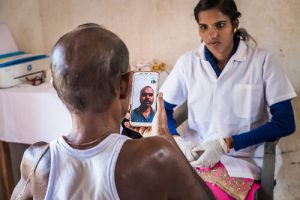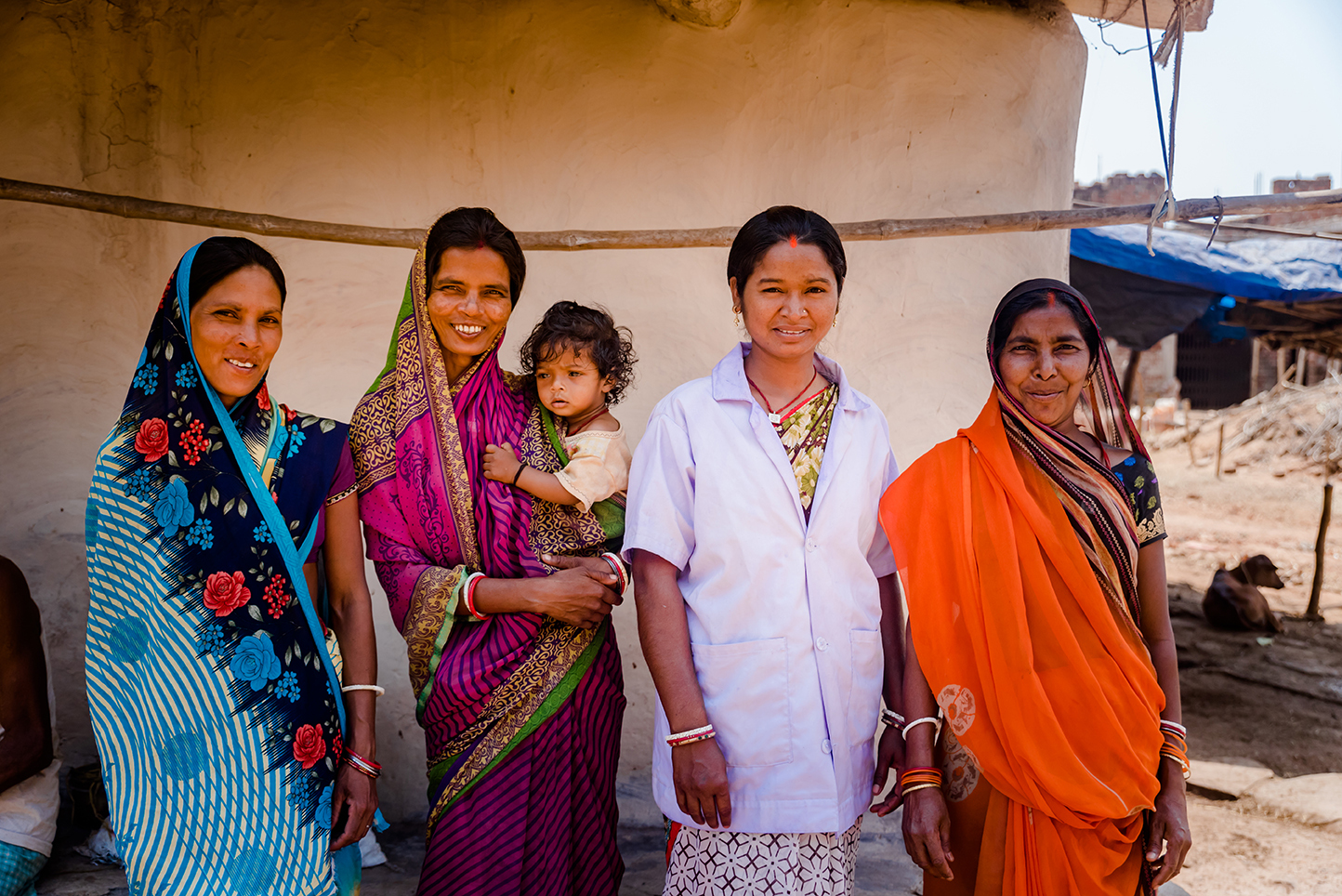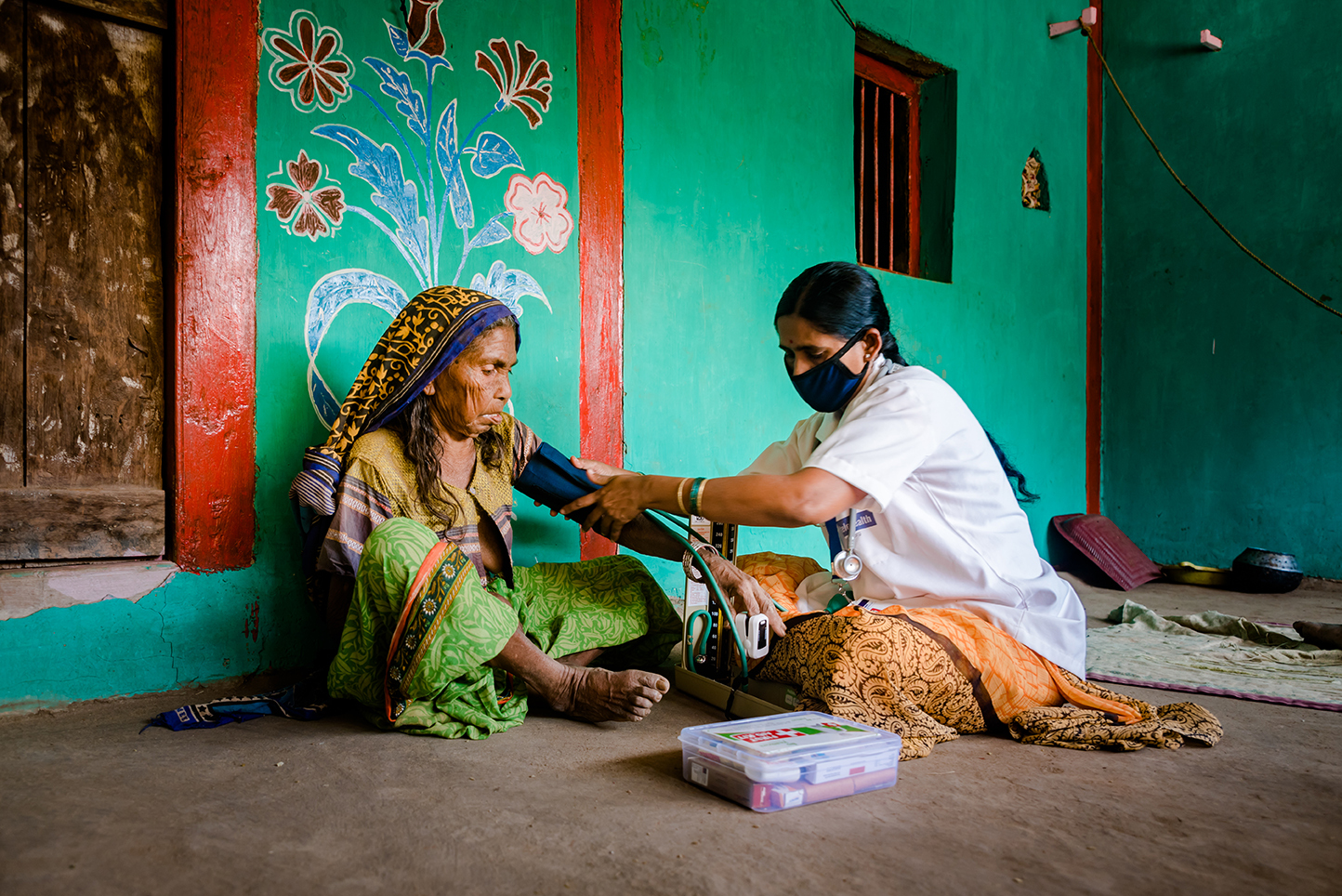BY NIKHIL ISSAR, CONTRIBUTING AUTHOR, PSA
On March 25, 2020, the Ministry of Health and Family Welfare, Government of India issued the Telemedicine Practice Guidelines (“Guidelines”) appended as Appendix 5 to the Indian Medical Council (Professional Conduct, Etiquette and Ethics) Regulations, 2002 (“Ethics Regulations”). The promulgation of the guidelines has met the longstanding demand for the regulation of health consultation by virtual means between doctors and patients and places India amongst a select few jurisdictions that have a telemedicine regulation. These FAQs capture some key questions that have come up from patients, doctors and technology platforms.
What is telemedicine?
Telemedicine is defined as the delivery of health-care services, where distance is a critical factor, by all health-care professionals using information and communications technologies for the exchange of valid information for the diagnosis, treatment, and prevention of disease and injuries, research and evaluation and the continuing education of health-care workers, with the aim of advancing the health of individuals and communities. In other words, telemedicine means the delivery of health care services and clinical information by health-care professionals using telecommunication technologies such as the internet, wireless, mobiles and telephone media.
Is there any difference between telemedicine and telehealth?
Yes, telemedicine denotes the clinical service delivered by a medical practitioner whereas telehealth is a broader term that refers to the use of technology for health and health-related services including telemedicine.
Who can provide telemedicine facilities?
Only a Registered Medical Practitioner (“RMP”) i.e. a person who is enrolled in the State Medical Register or the Indian Medical Register under the Indian Medical Council Act, 1956 can practice telemedicine in India. Further the same professional, ethical norms and standards shall apply to any RMP providing telemedicine.
RMPs who seek to practice telemedicine must get themselves conversant with the provisions of the guidelines as well as with the process and limitations of the practice. For this purpose, a mandatory 3-year online course shall be conducted by the Board of Governors. However, in the interim period any RMP can practice telemedicine by adhering to the provisions of the Guidelines.
What are the modes of communication that can be used by RMPs?
RMPs can use various communication tools such as telephone, video, devices connected over LAN, WAN, Internet, mobile or landline phones, WhatsApp, Facebook Messenger, etc., or Mobile apps or internet-based digital platforms like Skype/ email/ fax, etc. for telemedicine. The use of different tools is dependent on the context; seriousness, urgency, and stage of consultation as each of these technologies have their respective strengths and weaknesses that may be appropriate or inadequate to deliver a proper diagnosis. Further, as specified below, RMPs cannot prescribe certain medicines if the mode of consultation is not through video-conferencing.
Who can avail telemedicine consultations? What are the services that can be provided by the RMPs?
RMPs can provide telemedicine consultation (hereinafter referred as “teleconsultation”) to patients from any part of India. The Guidelines do not cover consultations by RMPs outside of India, and the same may be regulated by applicable foreign law. RMPs can provide:
(i) Health education: imparting health promotion and disease prevention messages related to diet, physical activity, cessation of smoking, contagious infections, advice on immunizations, exercises, hygiene practices, mosquito control, etc.
(ii) Counselling:includingfoodrestrictions,do’sanddon’tsforapatientonanticancerdrugs, proper use of a hearing aid, advice for new tests, home physiotherapy, etc. to mitigate the underlying condition.
(iii) Prescribe Medicines as specified below.
What are the kinds of medicines that can be prescribed to a patient? Do the patients get a copy of the prescription?
RMPs can prescribe medicines only after they are satisfied that adequate and relevant information about the patient’s age (in case of doubt, RMPs can seek age proof), and medical conditions have been collected. In cases where a physical examination is necessary, RMP is barred from prescribing medicines until a physical examination can be arranged. Any prescription given without appropriate diagnosis would amount to professional misconduct.
RMP has to provide the patient with a copy of the signed prescription and can send the prescription directly to a pharmacy if the patient explicitly consents. This enables the patient to get the medicines from any pharmacy of his choice. However, there is a limit to the kind of medicines that can be prescribed via telemedicine. The medicines that can be prescribed are:
Over-the-counter medicines (List O) such as paracetamol and medicines required during a public health emergency.
(List A) Medicines such as for hypertension and skin problems that are prescribed during the first consultation via video consultation, and thereafter their re-fill can be prescribed through other communication modes.
(List B) Medicines as follow-ups for treating chronic diseases can be prescribed through follow-up consultation, after an initial in-person consultation has taken place.
However, medicines that have a high potential of being abused such as those listed in Schedule X of Drug and Cosmetic Act, 1940 and Rules or any Narcotic and Psychotropic substance listed in the Narcotic Drugs and Psychotropic Substances, Act, 1985 cannot be prescribed via telemedicine.
Will telemedicine replace physical examination?
No, consultations over audio, video or the internet cannot replace physical examination. RMPs have to exercise their professional judgment to decide whether a teleconsultation is appropriate or in-person consultation is needed. If a physical examination is critical, then the RMP should not proceed with teleconsultation until an in-person physical consultation has been arranged.
However, in case of emergencies where there is a lack of any other alternative, RMPs can provide teleconsultation to the best of their judgment. Thereafter, the patient must be immediately referred for in-person consultation.
Can RMPs force a patient for telemedicine? Are minors allowed to use telemedicine?
An RMP cannot insist on telemedicine if a patient is ready and willing to come to a physical facility. Patients have to provide their explicit or implicit consent for availing teleconsultation. Consent is said to be implied when the patient requests the consultation. On the other hand, patient’s explicit consent is required when a health worker, RMP or a caregiver initiates the consultation. Explicit consent can be given by the patient via email, text or audio/video message to the RMP (For e.g. “Yes, I consent to avail consultation via telemedicine” or any such communication in simple words). RMP is required to record the consent in his patient records.
In the case of minors, telemedicine is allowed only when the minor is consulting with an accompanying adult whose identity has been ascertained by the RMP.
Can anonymous teleconsultation be done?
Anonymous teleconsultation is not allowed by the guidelines. Identity disclosure and verification of both the patient and the RMP is necessary for availing/providing the services. RMP is required to collect and verify the patient’s personal information such as name, age, address, phone number, email Id, registered ID or any other identity that the RMP deems appropriate. The RMP, at the beginning of the consultation, must inform the patient about his name and qualifications as well as display his registration number prominently accorded to him by the State Medical Council/MCI, on prescriptions, website, electronic communication (WhatsApp/email, etc.) and receipts, etc. given to the patients. Moreover, the RMP must put in place a mechanism that allows the patient to verify its credentials.
No. The Guidelines allow for teleconsultations between the following:
Patient and doctor via a caregiver: In cases where the patient is a minor or is incapacitated (such as in dementia or physical disability) the RMP will proceed with a consultation to such caregiver. The caregiver needs to have formal authorization or a verified document that establishes his relationship with the patient. A caregiver includes a family member, or any person authorized by the patient to represent him.
Health workers and RMP: A health worker can facilitate a consultation for a patient in a public or private health facility. This takes place only after the health worker has already seen the patient and is satisfied that consultation with the RMP is required. The worker is responsible for collecting the details of the patient, his health problems, examining him and convey the findings to the RMP for his diagnosis. A health worker includes a nurse, Allied Health Professional, Mid-Level Health Practitioner, ANM or any other health worker designated by an appropriate authority.
RMP and RMP: The guidelines encourage consultations between RMPs and specialists for the diagnosis, management, and prevention of diseases of the patient. The RMP seeking consultation shall be responsible for the treatment and other recommendations given to the patient. The types of consultations include:
(i) Tele-radiology: sending x-rays, PET scans, MRI scans, ultrasound reports from one location to another.
(ii) Tele-pathology: sending pathology data between distant locations for diagnosis, education, and research.
(iii) Tele-ophthalmology: gives access to eye specialists for patients in remote areas, including ophthalmic disease screening, diagnosis, and monitoring.

How much information has to be shared by the patient?
The type and extent of the information that has to be shared by the patient depends on the RMP’s professional discretion. RMP can request the patient to provide medical history, reports, records, etc. to exercise proper clinical judgment. For e.g. the RMP may ask a diabetic patient to provide him with his blood reports, blood sugar tests, etc. This information can be sent by the patient either through conversation with a healthcare worker/provider or via technology-based tools. However, if the RMP feels that the information received is inadequate, then he can request for additional information from the patient. He may recommend the patient to go for further tests and submit the reports when received. In such instances, the telemedicine is resumed after the required information is received.
What are the duties of the RMPs? What is the penalty if they fail to perform these duties?
The RMPs must uphold and practice the principles of medical ethics, professional norms for protecting patient privacy and confidentiality as per the Indian Medical Council Act as are applicable in physical consultations. They must fully abide by the Ethics Regulations, provisions of the Information Technology Act, 2000 including Information Technology (Reasonable security practices and procedures and sensitive personal data or information) Rules, 2011 and any other applicable rules and regulations. Further, the RMPs are required to maintain the following records/documents:
Phone logs, email records, chat/ text records, video interaction logs, etc.,
Patient records, reports, documents, images, diagnostics, data (digital or non-digital),
In case medicines are prescribed to a patient, then the record of that prescription is to be maintained as required for in-person consultations.
The RMPs can be held guilty of misconduct for all actions that wilfully compromises patient’s care or privacy, or violates any prevailing law including the Guidelines. However, RMPs will not be held responsible for breach of confidentiality if the patient’s privacy have been compromised by a technology breach or by a person other than RMP.
What are the precautions that technology platforms must take note of while providing Telemedicine services?
All the technology platforms (for e.g. mobile apps, websites, etc.) that provide telemedicine services to consumers must ensure that the practitioners on their platform are duly registered with the relevant medical councils. The platforms are required to carry out their due diligence before listing them on their platform. Moreover, the platforms must provide the name, qualification and registration number, contact details of every RMP listed on their platform along with a proper mechanism to address any queries or grievances of the consumers.
Furthermore, artificial intelligence and machine learning based platforms cannot counsel or prescribe any medicine to any patient. Such technologies can only be used to aid and support the RMP, but the final advice and prescription must be made by the RMP.
Any non-compliance may result in the platform being blacklisted by the Board of Governors, MCI.
Is telemedicine expensive?
No, the same fees will be charged for a teleconsultation by the RMP as an in-person consultation.
Can a patient stop/discontinue telemedicine?
Yes, both the patient and the doctor have the right to discontinue telemedicine at any stage.
ABOUT THE AUTHORS
Nikhil Issar is an Associate at PSA, a full-service law firm.
Copyright with PSA and republished with consent for non-commercial purposes




